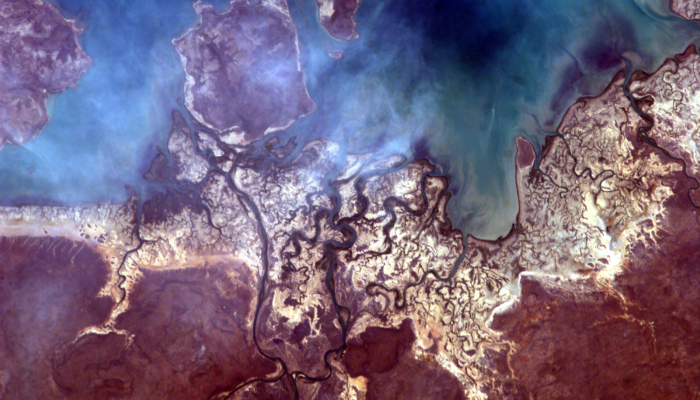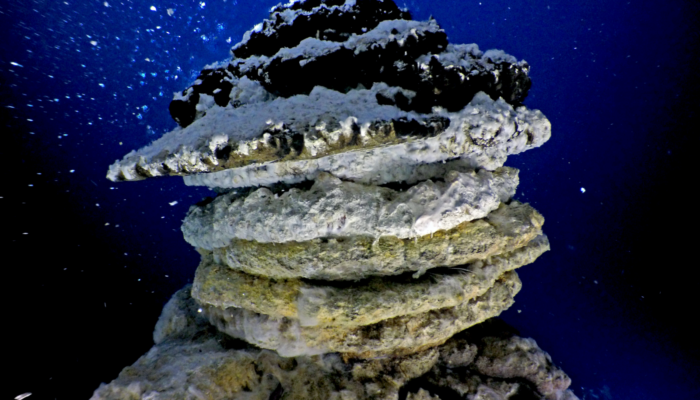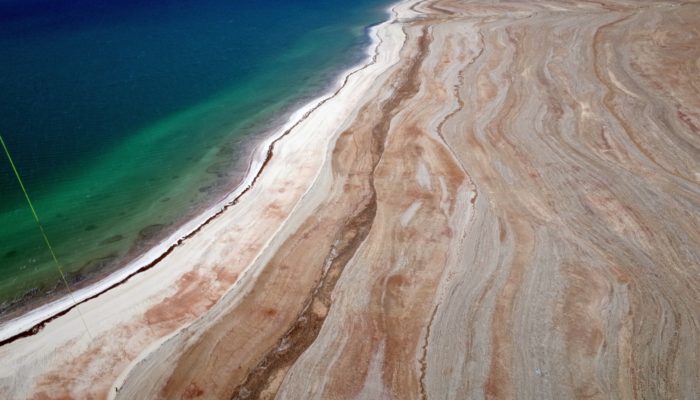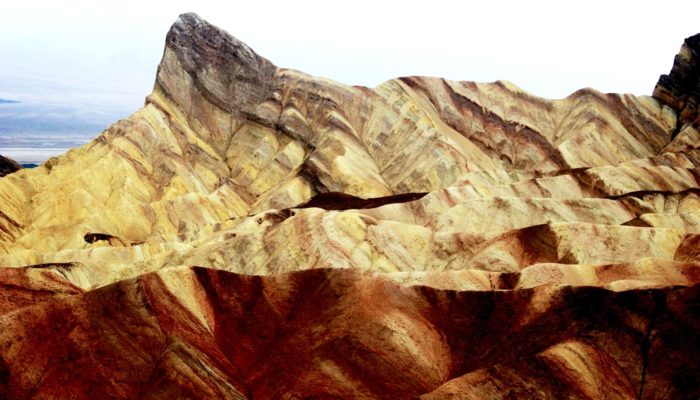The photo was taken from the International Space Station (ISS), approx. 400 km above the Earth, in the educational project administered by NASA: Sally Ride EarthKAM, Mission 59, November 2017. The image was requested by a team of students from my college, coordinated by me. Even though we weren’t there, on ISS, to trigger the camera, all the locations in which the photographs were taken are ...[Read More]
Imaggeo On Monday: Watercolors- Nature’s talent




